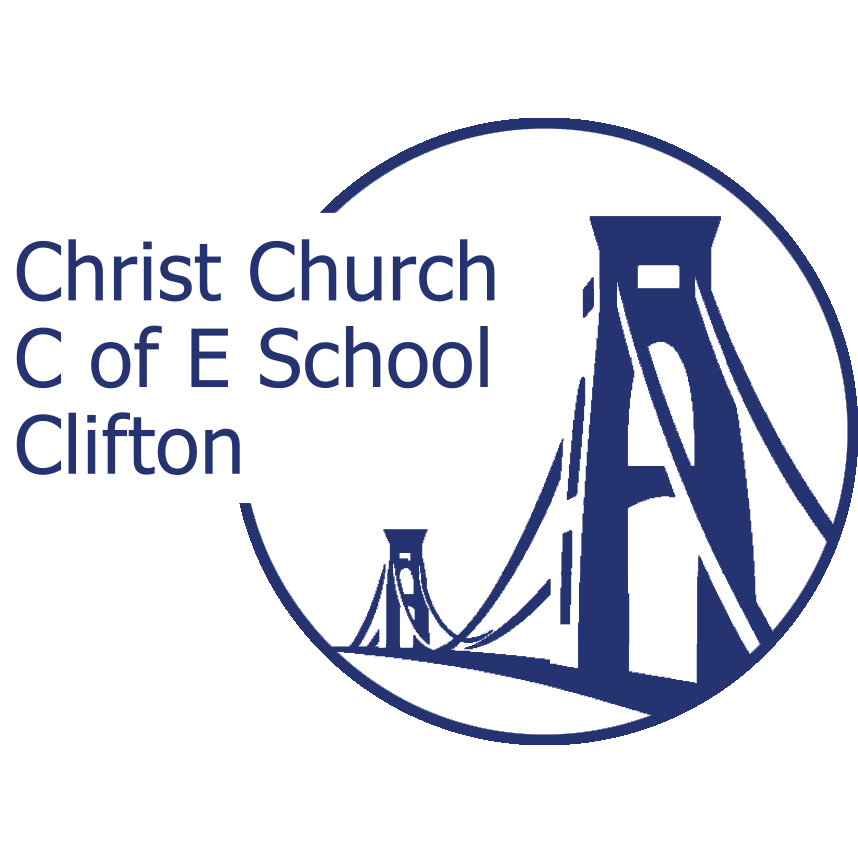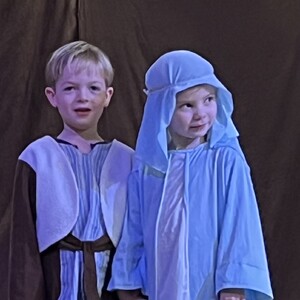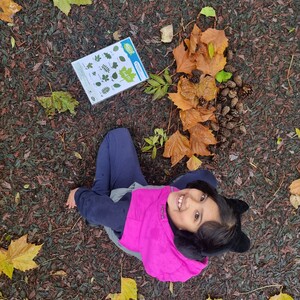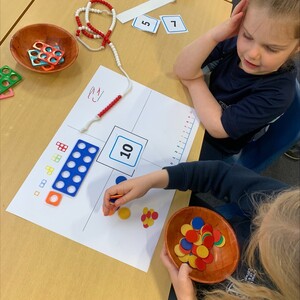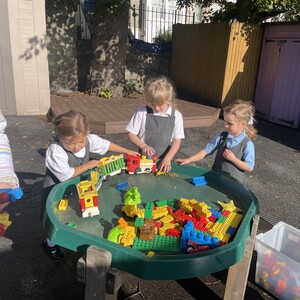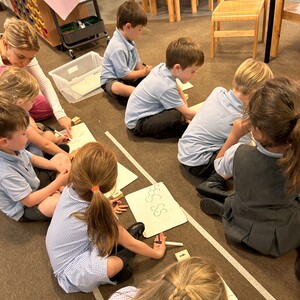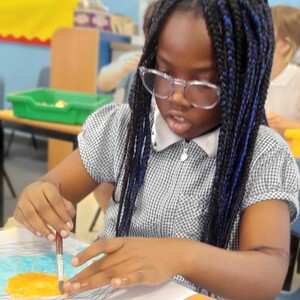Equality & Diversity
Community Cohesion:
At Christ Church C of E Primary School we celebrate the diversity of our school community and the rich experience that it brings to our learning with, and about, each other; recognising and appreciating our similarities and differences.
Key principles:
The Equality Act 2010 applies to our school and it is the responsibility of our Governing Body to ensure that our school meets the requirements of the Equalities act. Within the Act is the public sector equality duty (PSED). The PSED has two parts – General and Specific.
The Act refers to protected characteristics and we need to ensure that those adults and children with protected characteristics are not discriminated against and are given the equality of opportunity.
The nine protected characteristics are:
- Age
- Disability
- Ethnicity and race
- Gender
- Gender identity and transgender
- Marriage and civil partnerships
- Pregnancy and maternity
- Religion and belief
- Sexual orientation
General duty:
The general duty requires all schools to consider how their policies and practices impact on pupils and staff and show how they are meeting the aims of the Equality Act by having ‘due regard’ to the need to:
- Eliminate discrimination, harassment and victimisation
- Advance equality of opportunity between persons who share a relevant protected characteristic and persons who do not share it
- Foster good relations between persons who share a relevant protected characteristic and persons who do not share it
The School must demonstrate due regard as part of their decision making, monitoring and impact of policy and how they deliver services, consideration must be given to equality and diversity implications.
Specific duties:
Our school must demonstrate via our website the provision that we make in school in order to deliver the General Duty.
We must identify our vulnerable groups which include:
- Looked After Children
- FSM
- Minority Ethnic children
- Pupil premium children
- Socially Disadvantaged/Economically Disadvantaged
- Young Carers
- Migrant workers/Asylum Seeker
- Long term illness
- Gay, Lesbian, Bisexual, transgender
- Forces children
Our policies must avoid discrimination and we must demonstrate consideration of the protected characteristics when making decisions
What do we have in place at our school?
We aim to have a high standard of teaching, learning and curriculum provision that supports high standards of attainment, promotes shared values and builds pupils understanding of the diversity that surrounds them, recognising similarities and appreciating different cultures, religions or beliefs, ethnicities and socio economic backgrounds.
Achievement:
We monitor the achievement of our children. We know the composition of each year group by ethnicity, gender, SEN and EAL (English as a Foreign Language). Through pupil progress meetings and assessments we analyse the outcomes of attainment and progress for these specific groups. Teaching meets the needs of these groups by responding to analysis of the data.
Curriculum:
Our curriculum promotes a shared understanding of religions and cultures. We start with the cultural heritage of school community.
Personal Social Health Education:
At Christ church C of E Primary School we updated our PSHE policy and scheme of work in 2015 to ensure it reflected the protected characteristics outlined above.
We use a resource called Jigsaw which brings together Personal, Social and Health education, emotional literacy, social skills and spiritual development.
Jigsaw aims to help children know and value who they really are and how they relate to other people in our ever-changing world.
It is a whole school approach and is a PSHE Association Quality Assured Resource. We have a teacher who has the Certificate of Teaching PSHE (2016) who leads our curriculum.
Jigsaw links strongly with our school values and we recognise children’s achievement and progress with the Jigsaw themes, presenting certificates at our weekly celebration assembly.
Behaviour:
Our behaviour policy (click here) outlines clearly our procedure for dealing with prejudice-related bullying and incidents. All staff receive training on how to report incidents and who they should pass this information to.
Our school values can be adopted by all in our school community regardless of faith and ethnicity.
The behaviour of our pupils is a key strength of our school. Relationships between our children, and adults and children, are strong based upon a mutual respect and an appreciation of the multi-cultural diversity of our community.
Vision:
The school governors are currently creating a shared vision for our school to which all stakeholders in our community (staff, governors, parents and children) have contributed. Our vision will value the contribution made by all individuals whilst recognising people naturally hold different ambitions, aspirations, beliefs and life experiences. It is essential to harness our common characteristics and experiences so all have a sense of belonging.
British values:
The behaviour of our pupils is a key strength of our school. Relationships between our children, and adults and children, are strong based upon a mutual respect and an appreciation of the multi-cultural diversity of our community.
British values are embedded in our curriculum, ethos and the life of our school
- Democracy
- The rule of law
- Individual liberty
- Mutual respect and tolerance of different faiths and beliefs
We learn about our local area and the historical events and people that shaped Bristol
English as additional language
We value the importance of a language rich environment and exploring new vocabulary is fundamental to our learning when introducing new concepts, knowledge and skills.
Many children join our school from all over the world and some children may start with little or no English. At Christ Church we are very used to supporting children and families with English as an additional language. We ensure all of our children learn key phrases and greetings in the languages heard in our school community.
We are very fortunate to have a French teacher within our staff team who teaches French throughout our school. The standard of spoken French is high by the time our children leave our school and our pupils are well equipped to learn further modern foreign languages at secondary school.
We support EAL learners to access the curriculum in order to reach their potential and to socialise with their peers we find most children rapidly acquire English as they are immersed into our community.
Christ Church C of E Primary School Equality Objectives 2022-23
- To ensure all children, unless there is an authorised reason are attending school every day. All children whose attendance falls below 95% will be reviewed and potential barriers to improved attendance will be identified and supported as needed.
- To ensure all of our children have access to our enriched curriculum. We will increase opportunities for our children to learn about each other and the cultural capital of our community, Bristol and beyond. We will monitor that all children are able to access the opportunities we plan, and we will understand and overcome any barriers to participation.
